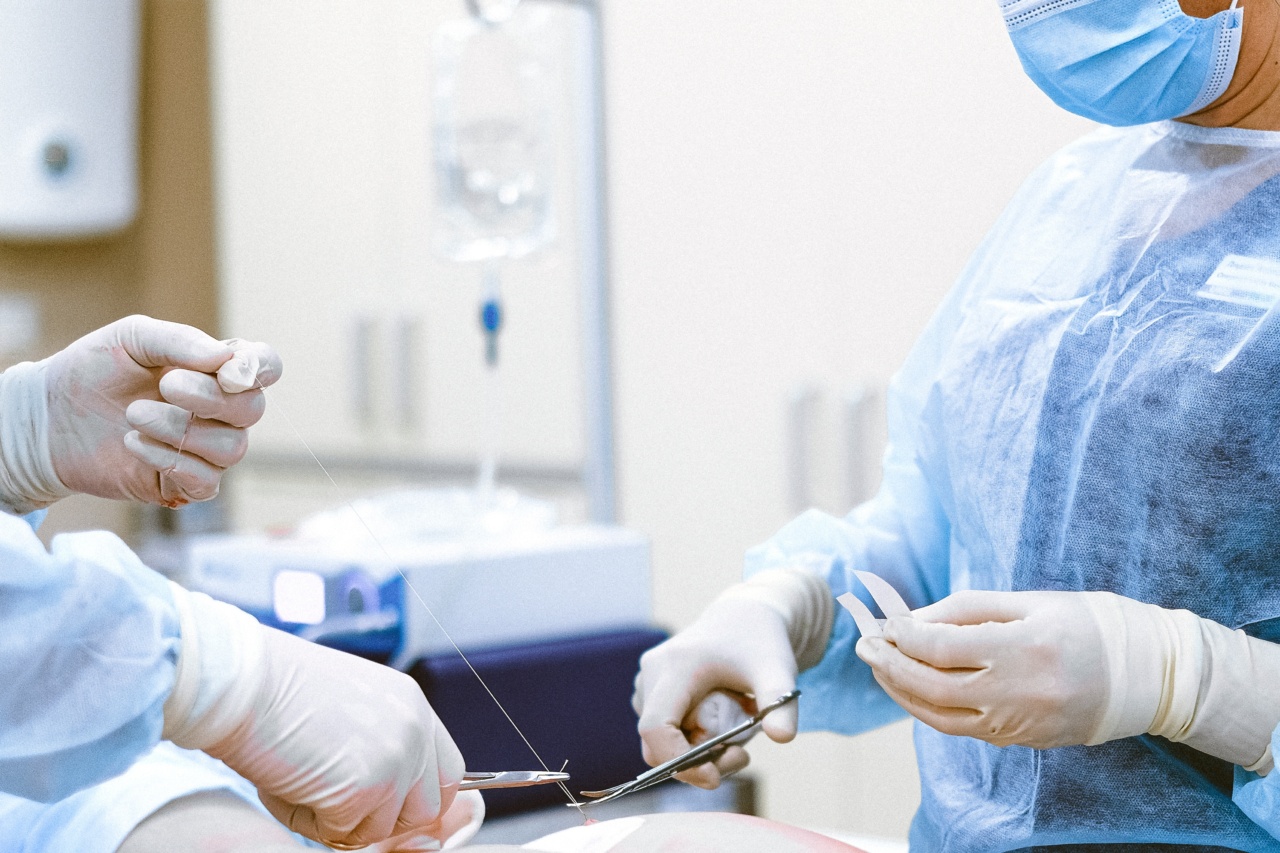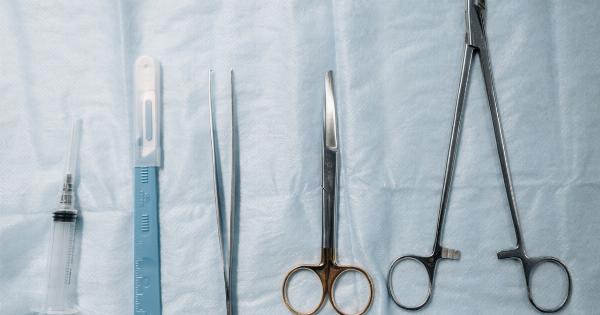Gynecomastia, commonly referred to as “man boobs,” is a condition that affects men of all ages. It is characterized by the presence of excess breast tissue or fat, resulting in an enlarged chest area.
Gynecomastia can be caused by a variety of factors, including hormonal imbalances, medications, and certain medical conditions. If you are struggling with this condition, you may be wondering what your options are.
What is Gynecomastia?
Gynecomastia is a medical condition that results in the enlargement of breast tissue in men. This condition is typically caused by hormonal imbalances and can be characterized by the presence of excess fat or glandular tissue in the chest area.
While gynecomastia is not typically dangerous, it can cause self-consciousness and other emotional issues for those who suffer from it.
What Causes Gynecomastia?
Gynecomastia can be caused by a variety of factors, including hormonal imbalances, certain medications, and certain medical conditions.
Hormonal imbalances, such as those caused by puberty or old age, can cause an increase in estrogen levels, which can result in the development of breast tissue in men. Certain medications, such as anabolic steroids, antidepressants, and anti-anxiety medications, can also cause gynecomastia.
Finally, certain medical conditions, such as liver disease, kidney disease, and certain types of cancer, can cause gynecomastia as well.
What Are the Treatment Options for Gynecomastia?
There are several treatment options available for gynecomastia. The right treatment depends on the cause and severity of the condition.
Mild cases of gynecomastia may be treated with lifestyle changes, such as weight loss, exercise, and the avoidance of certain medications. More severe cases of gynecomastia may require surgery to remove excess breast tissue or fat. Other treatment options include hormone therapy and radiation therapy.
Is Surgery the Best Option for Treating Gynecomastia?
Surgery is often the best option for treating gynecomastia, particularly for those with more severe cases. During surgery, the plastic surgeon will remove excess breast tissue or fat through liposuction or excision.
The result is a flatter, more masculine chest. While surgery may seem like a drastic option, it can be incredibly effective at treating gynecomastia and improving self-confidence.
What Should I Expect During the Gynecomastia Surgery?
Gynecomastia surgery is typically performed under general anesthesia and takes between one and three hours. The surgery may involve liposuction, excision, or a combination of the two, depending on the extent of the gynecomastia.
After the surgery, patients will need to wear a compression garment for several weeks to help with swelling and ensure proper healing. Most patients are able to return to work and resume normal activities within a few days to a week.
Am I a Good Candidate for Gynecomastia Surgery?
If you are struggling with gynecomastia and it is negatively impacting your self-confidence and self-image, you may be a good candidate for surgery.
The right candidate for gynecomastia surgery is someone who is in good overall health and has realistic expectations about what the surgery can achieve. Before undergoing surgery, you will need to consult with a plastic surgeon to determine if it is the right option for you.
What Are the Risks and Complications of Gynecomastia Surgery?
As with any surgery, there are risks and potential complications associated with gynecomastia surgery. These may include bleeding, infection, scarring, asymmetry, and changes in nipple sensation.
However, these risks are relatively rare and can be minimized by choosing a skilled and experienced plastic surgeon.
What Can I Do to Prepare for Gynecomastia Surgery?
Prior to gynecomastia surgery, it is important to talk to your plastic surgeon about what you can do to prepare. This may include quitting smoking, avoiding certain medications, and following a healthy diet and exercise plan.
You may also need to make arrangements for aftercare, including help with activities that require lifting or bending. Finally, it is important to ask your plastic surgeon any questions you may have about the procedure and what to expect during recovery.
How Can I Find a Skilled and Experienced Plastic Surgeon for Gynecomastia Surgery?
When choosing a plastic surgeon for gynecomastia surgery, it is important to do your research. Look for a board-certified plastic surgeon with experience in treating gynecomastia.
Ask to see before-and-after photos of previous patients to get an idea of the surgeon’s skill level. Finally, be sure to ask questions and voice any concerns you may have during your consultation.



























